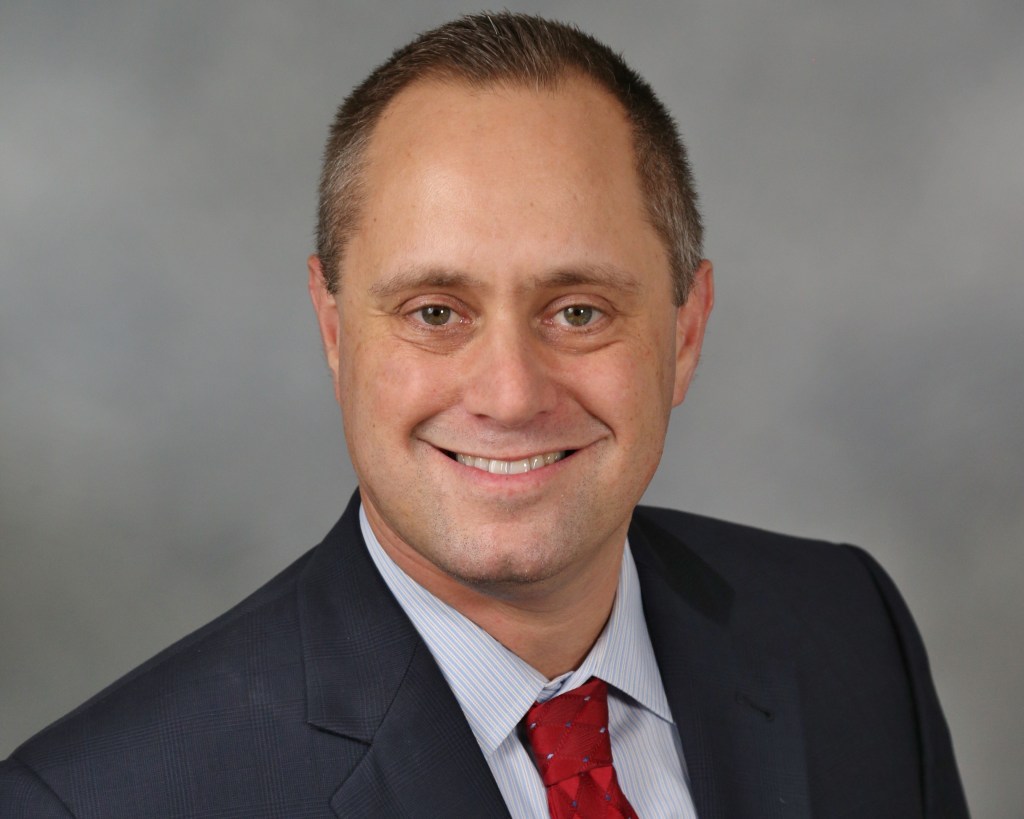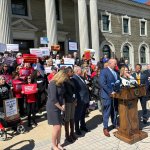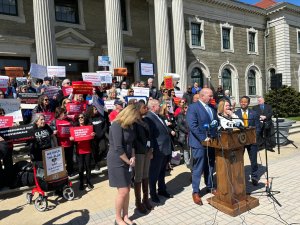On a recent day, Yale Pollack, a labor and employment attorney, took part in an at once typical and very unusual conference call with a judge, law clerk, and opposing attorney in a wage and hour case.
Ordinarily, this would have taken place in a courtroom. But court conferences, depositions, and plans for discovery these days often are being handled via videoconference or over the phone.
“Today, I have another on the phone,” said Pollack, a sole practitioner in Syosset who leads the Law Offices of Yale Pollack P.C., which he founded in 2015. “This may be more permanent. I think courts can manage calendars better with the way this progressed. They get to cases a lot faster.”
While labor and employment cases ranging from owed overtime to discrimination slowed during the peak of the pandemic, cases are resuming and beginning to move more quickly, as courts often shift to online sessions and mediation referrals.
“The courts were closed. That put a halt on litigation and paused judges pushing forward on discovery and moving things along,” said Pollack, who worked at some of Long Island’s larger firms before launching his own. “Things were at a standstill from about April 2020 until late 2020. It’s picking up again.”
As many workers shifted to remote work, going on unemployment following furloughs, Pollack said there were fewer claims.
“When the remote work started, you didn’t really deal with office banter or water-cooler talk where inappropriate things may be said and you can overhear things,” Pollack said. “It seems like people may have been a little bit more careful when they put something in writing, as opposed to saying it when you can have plausible deniability.”
As workers return to the office and courts reopen, labor and employment cases are on the rise, said Pollack. He said about 65 percent of his employment cases are wage and hour, typically involving overtime, and 35 percent are primarily discrimination and retaliation.
The Fair Labor Standards Act, which sets federal rules for payment such as overtime, fuels a steady flow of wage and hour cases for nonexempt workers. The law created executive, administrative, and professional exemptions, impacting attorneys, doctors, accountants and others for exemptions to overtime, which he says could lead to misclassification cases also applying to independent contractors.
But those working in fields from construction to kitchens, landscapers to plumbers, electricians to nurses, who work more than 40 hours a week are entitled to overtime.
“When you start paying one person a certain way, such as a salary, you tend to do it the same for all of your employees,” Pollack said. “When that happens, you could have a major problem for the employer. “
Restaurants have rules for waitstaff who can be paid less than minimum wage due to tips. “A lot of times we find that management shares in the tip pool,” Pollack said. “That invalidates the tip pool.”
In addition to representing employees, Pollack works with small companies, helping them comply with laws.
“It’s a lot of ignorance, in my opinion, of simply not knowing the law,” Pollack said, noting that employers must provide employees with proper forms including those for hourly nonexempt employees indicating hourly and overtime rates, payment frequency and payday in English and their native language.
“If they don’t receive that, it could be a $5,000 penalty that goes to every employee who doesn’t receive that notice,” Pollack said of a rule on the books since April 2011.
He said laws went into effect in New York last year, requiring that employees receive at least 40 hours of sick time annually along with an amended law implementing stricter whistleblower protections. “Laws are constantly being passed and policies have to be relayed to employees,” Pollack said.
Covid is leading to cases related to vaccine mandates from employees seeking medical or religious exemptions. And Covid is leading to disability-related claims as immune-compromised workers say they can work remotely, while employers require a return to the office.
“At the end of a case, attorneys in employment cases can request a fee for the time spent,” Pollack said of how companies, not plaintiffs, can foot the bill for legal work.
This allows cases to be taken on contingency in many cases for workers who may not be able to otherwise afford a lawyer, he said.
If you prove a company violated wage and hour law willingly, for every dollar workers don’t get paid, they may be eligible for another dollar in liquidated damages, he added.
Pollack likes leading his own firm. “You get a seasoned employment attorney representing you, not handing it off to an associate,” he said. “You get someone with hands-on experience each time.”
Although online meetings can speed up cases, he said being there can be better than being voices on a phone. “There are benefits to being face to face with judges and your adversary. You can develop rapport,” Pollack said. “It’s good to constantly be seen or known by judges. Now, they don’t put a face to a name.”
For more business coverage visit longislandpress.com/category/business
Sign up for Long Island Press’ email newsletters here. Sign up for home delivery of Long Island Press here. Sign up for discounts by becoming a Long Island Press community partner here.




























